Concerns Over Airspace Safety and Restrictions
In the United Kingdom, an ambitious plan by Northumbria Healthcare NHS Foundation TRUST to use drones for fast-tracking deliveries of medical supplies to hospitals has come under scrutiny from local light aircraft pilots.
While the plan promises to expedite the delivery of essential items like prescriptions and wound care to approximately 30 hospitals starting next autumn, aviation groups have raised concerns about potential airfield closures and restricted flying privileges.
Safety and Regulatory Hurdles
The primary apprehension revolves around the safety of such operations. Critics, including The General Aviation Alliance and The British Microlight Aircraft Association, have voiced strong opposition, citing the lack of collision-avoidance technology and altitude restrictions for drones.
These factors could lead to drones appearing unexpectedly in low-visibility areas, increasing the risk of aerial collisions.
Additionally, the absence of comprehensive regulations on autonomous Drone Technology might necessitate airspace restrictions for other aerial vehicles.
The Civil Aviation Authority’s Stance
As of now, the Civil Aviation Authority, the regulatory body overseeing UK airspace, has not approved the NHS trust’s plan.
This lack of approval highlights the regulatory challenges and safety considerations that must be addressed before implementing such a widespread use of drones in healthcare logistics.
The Argument for Drone Deliveries
Despite these concerns, the UK-based healthcare logistics firm Apian, which recently partnered with autonomous delivery company Zipline, argues in favor of drone deliveries.
Zipline’s drones, already operational in the US, boast a range of 130 miles. They claim that drone deliveries would be significantly faster and more cost-effective than the current road transport methods used by the NHS trust.
Balancing Innovation with Safety
The debate over the NHS’s drone delivery plan underscores the need to balance technological innovation with safety and regulatory compliance.
While the potential benefits of drone deliveries in healthcare are undeniable, ensuring the safety of all airspace users remains a paramount concern that needs thorough consideration and collaboration among all stakeholders.

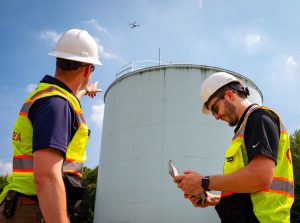



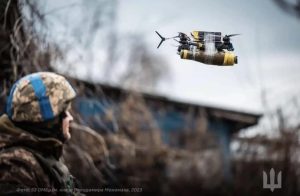


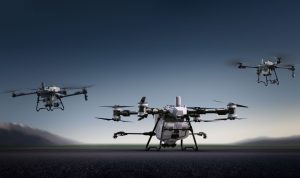
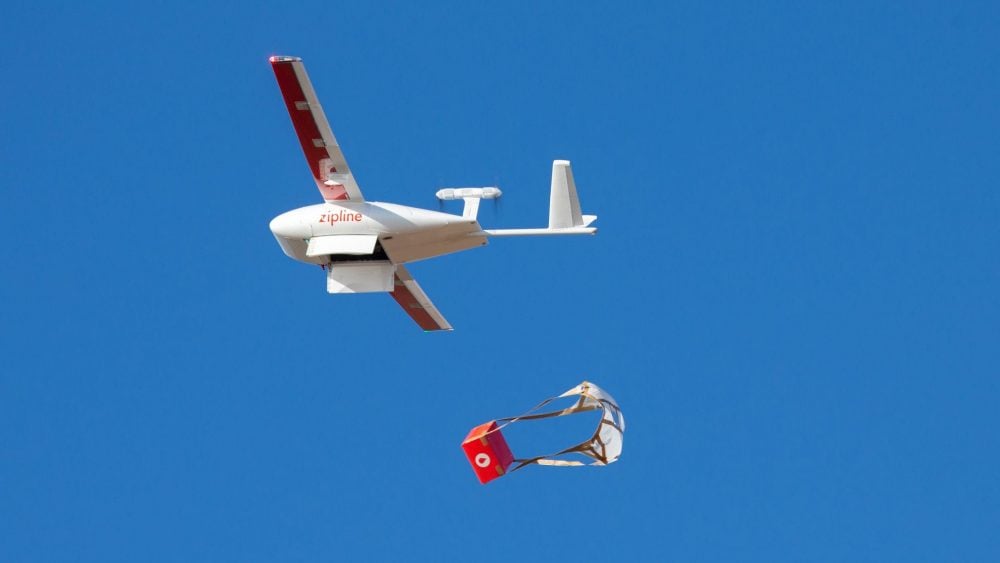


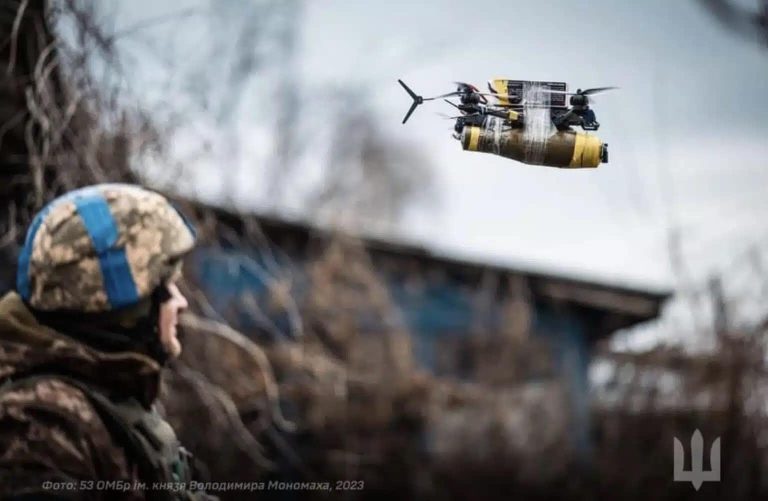

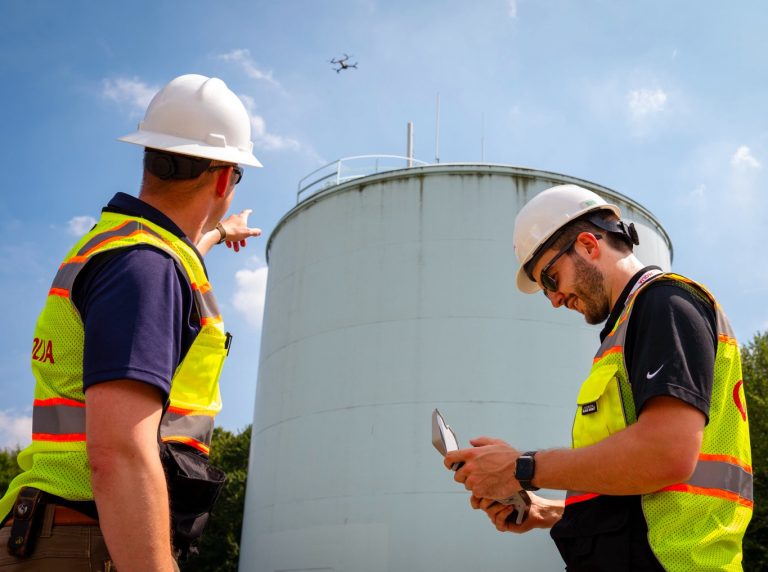




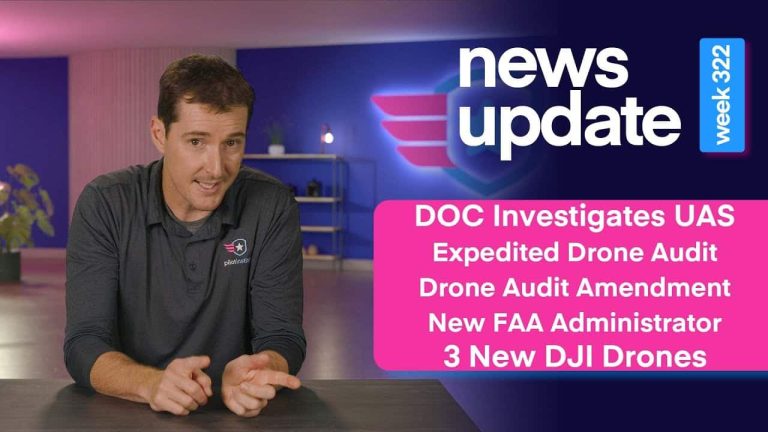

+ There are no comments
Add yours